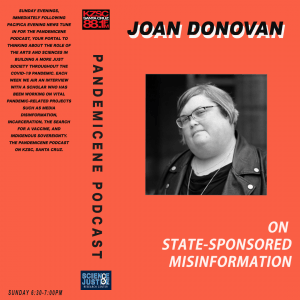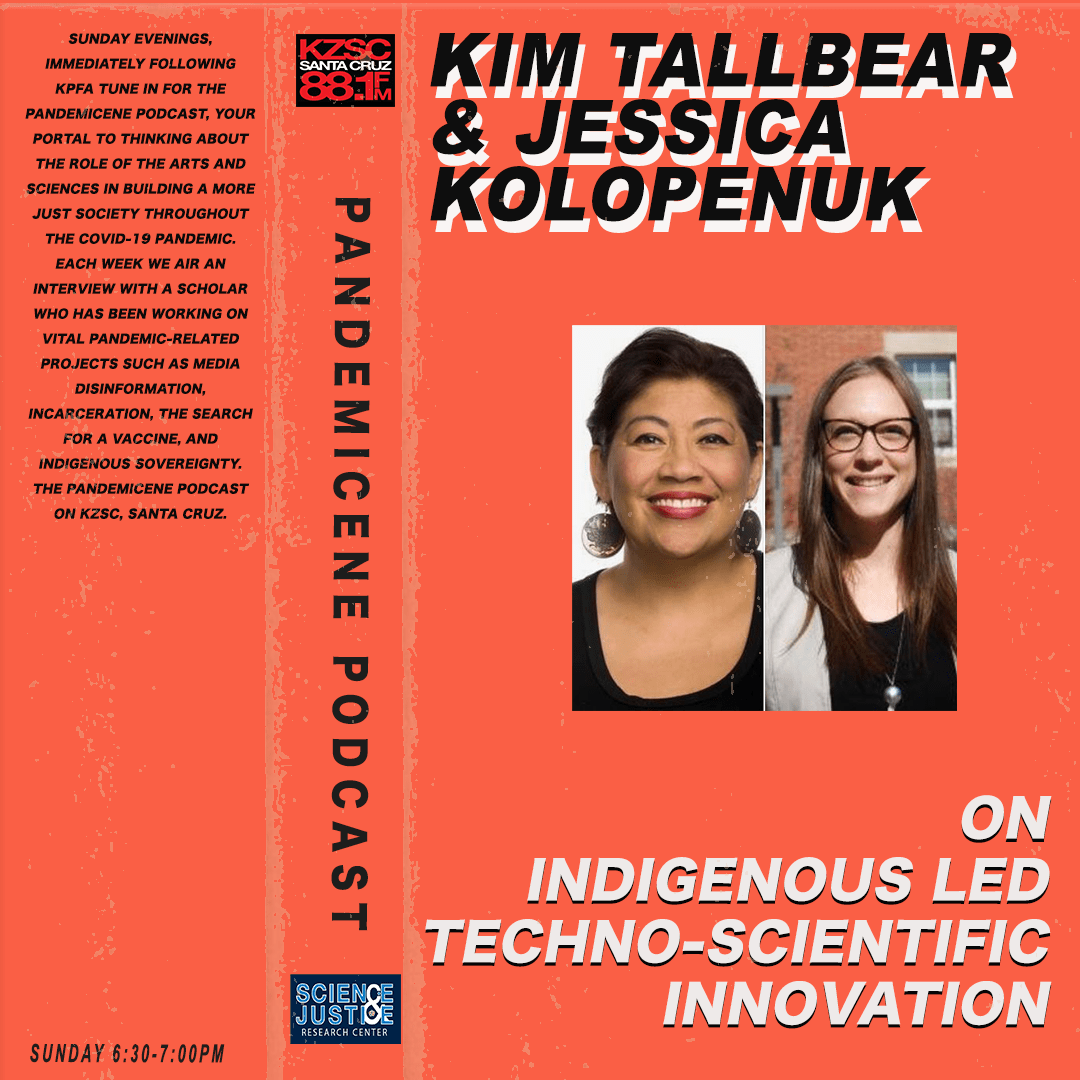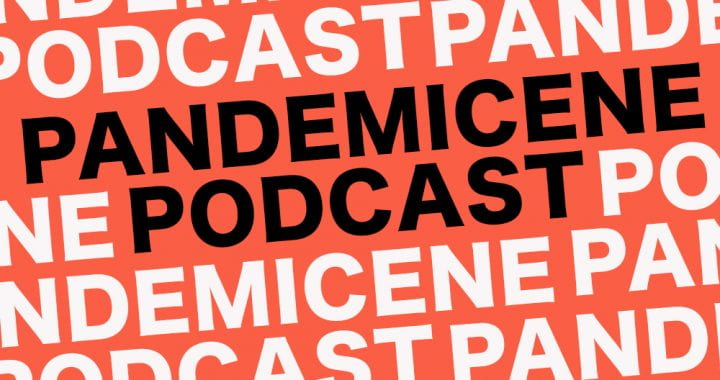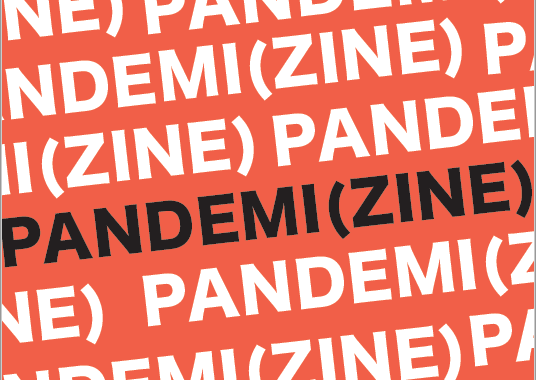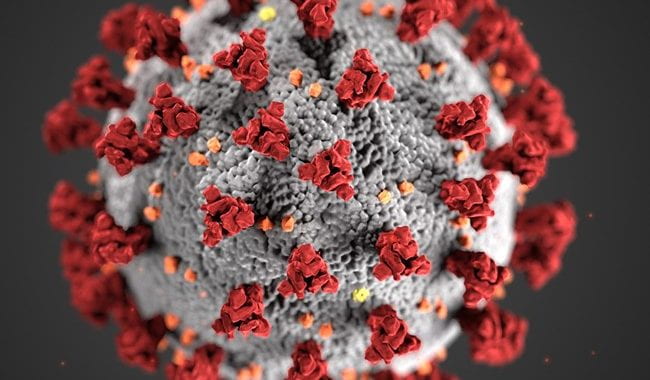The Pandemicene Podcast aims to produce knowledge that can help all of us – scholars and scientists, students and activists – imagine and enact just futures both in our home state of California and in our communities worldwide.
Airing on KZSC Santa Cruz 88.1 FM, on Sunday, November 1st, 6:30 – 7 pm PST.
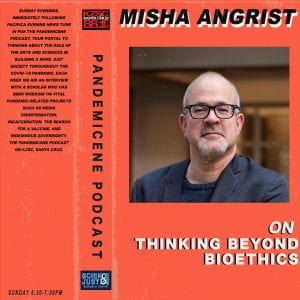
Link to the live stream, or listen below after the episode airs.
Welcome to the Pandemicene podcast, where we attempt to create knowledge that orients us towards justice at this critical historical juncture. Today we are sharing a conversation with Misha Angrist, an associate professor of the Practice in the Social Science Research Institute and Senior fellow in the Duke Initiative for Science & Society, to talk about responses to the COVID-19 pandemic through the lenses of genomics and bioethics, including their strengths and shortcomings.
Guest Bio:
Misha Angrist is Associate Professor of the Practice at SSRI, a Senior Fellow in Science & Society, and Visiting Associate Professor of the Practice in the Sanford School of Public Policy as part of the DeWitt Wallace Center for Media & Democracy. He directs the undergraduate Science & Society Certificate Program and the First-year FOCUS cluster on Science and the Public. He teaches and mentors students in the MA in Bioethics & Science Policy. He teaches science writing and scholarly writing to both undergraduate and graduate students. In his work, he explores the intersection of biology and society, especially as it relates to the governance of human participation in research and medicine. As the fourth participant in the Personal Genome Project, he was among the first to have his entire genome sequenced and made public. He chronicled this experience in his book, Here is a Human Being: At the Dawn of Personal Genomics. Angrist has an MFA from the Bennington Writing Seminars, an MS in genetic counseling from the University of Cincinnati, and a PhD in genetics from Case Western Reserve University.
Additional Pandemicene Project Information
Find more information on the COVID-19 Pandemicene’s project page.
The SJRC has a robust network of local and international public health experts, scholars, and practitioners leading the way with collecting resources for teaching about COVID-19, writing open response letters, and calls to action, and organizing and participating in online events.

